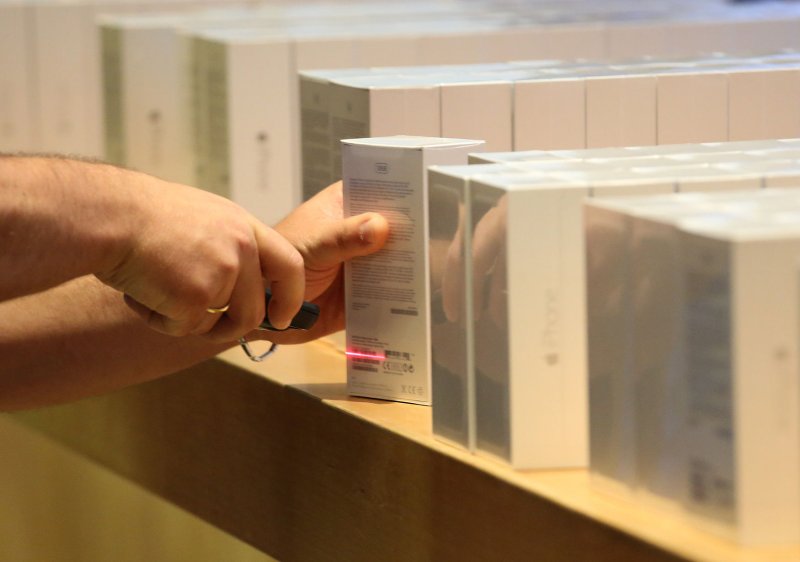The new iPhone has encryption technology that will make it very difficult for government agencies to access its information. Emails, your address book, your images and more will be encrypted to the point that the NSA and other law enforcement agencies will have a very hard time accessing that information, according to the New York Times. The new iPhone 6 uses an algorithm that makes it so even if Apple turned your information over to authorities, the information they received would essentially be nonsense until they spent significant time trying to decrypt it. Apple claims it will not retain the unique algorithm that can help break the code for each specific phone.
The director of the FBI, James Comey, said in a press conference that this kind of technology will let people "hold themselves beyond the law." He claims that having such elevated privacy protections could hinder investigations related to kidnappings and more. Besides the new iPhone, any smart phone user can download apps to protect their information from being seen. Many users across the globe use virtual private network apps that make it so their internet use cannot be monitored. The NSA, FBI and other agencies worry that these kinds of protections will become very popular soon and make it difficult for them to do their jobs.















